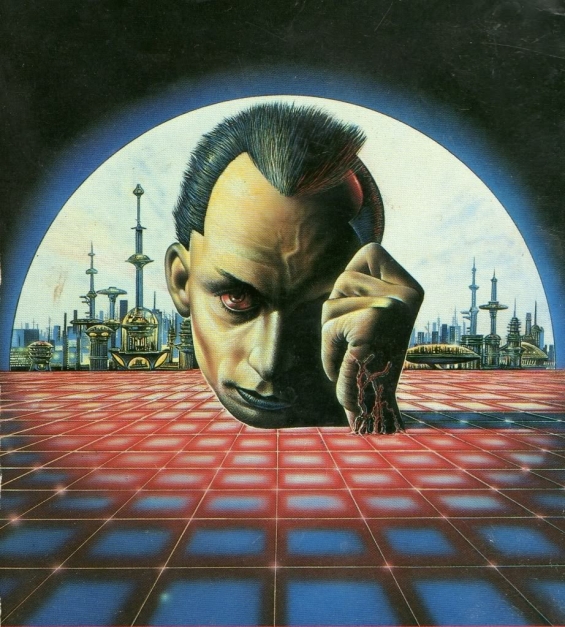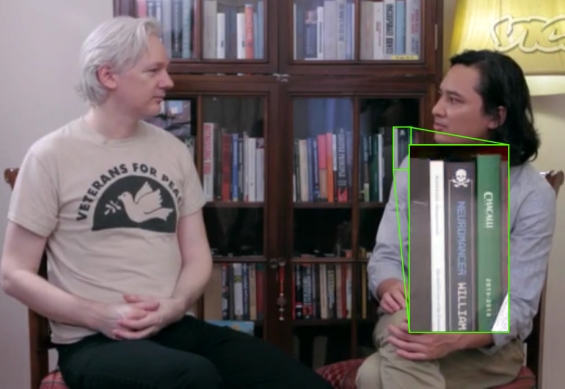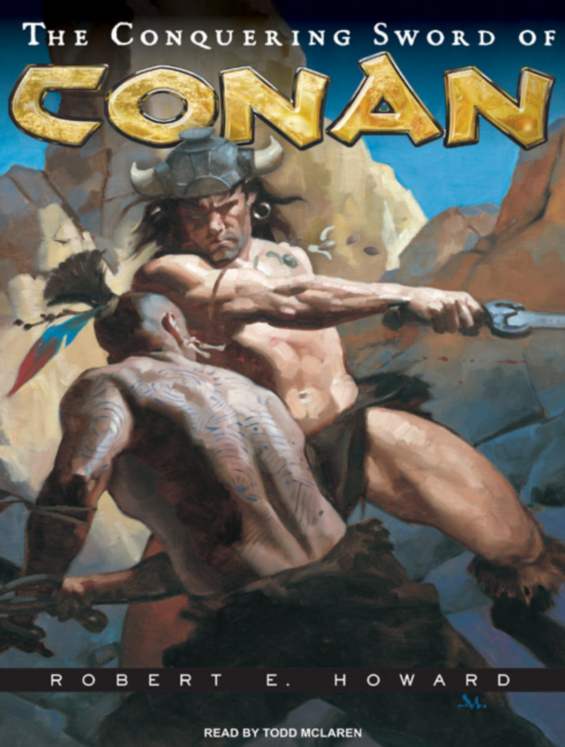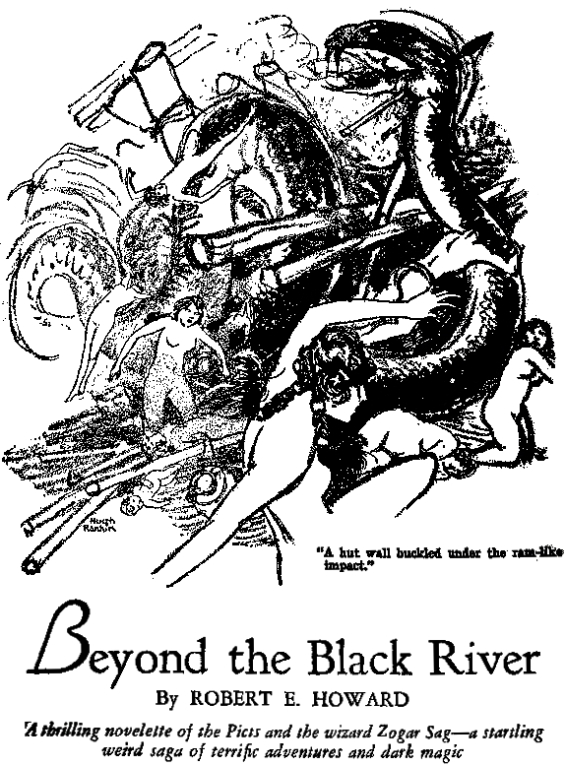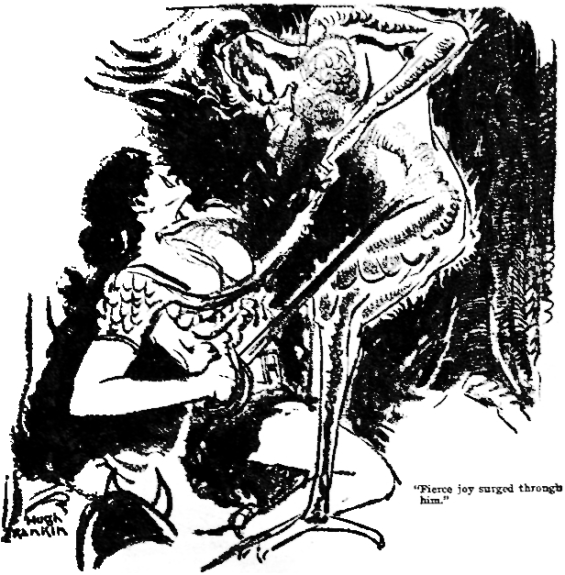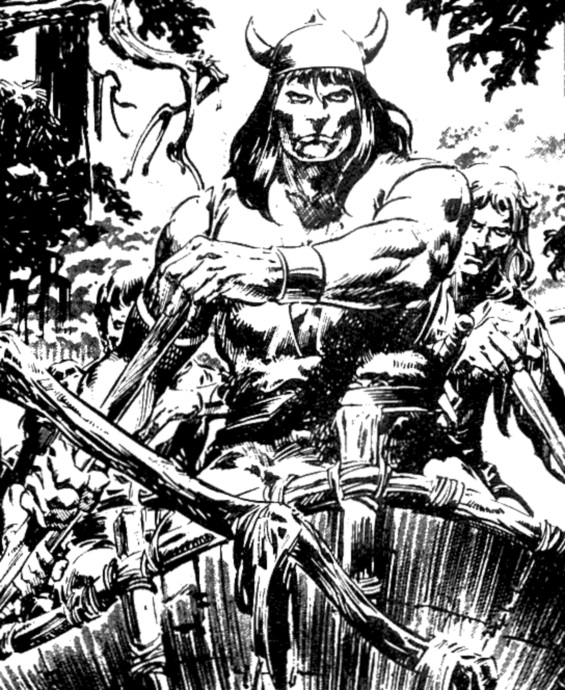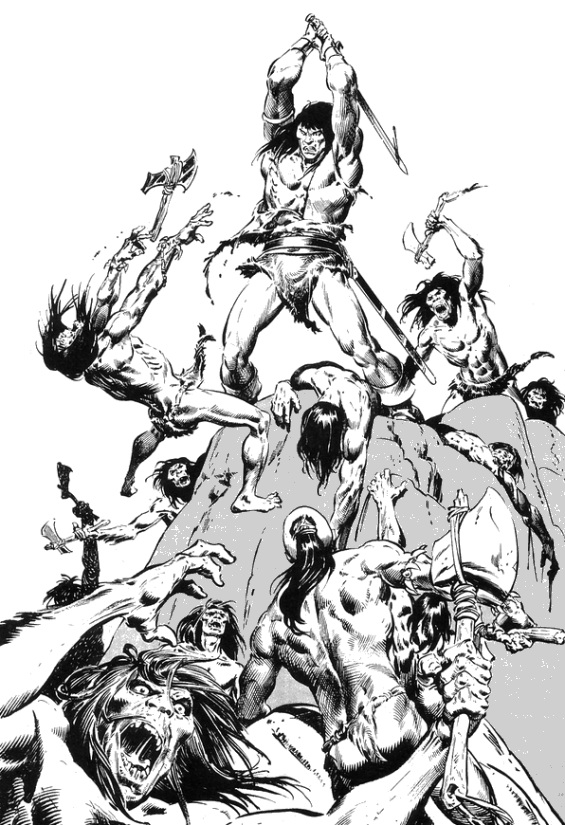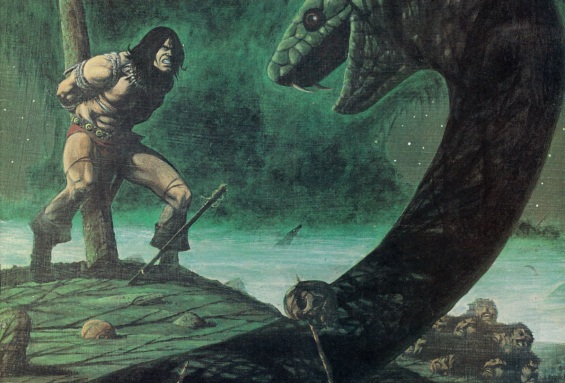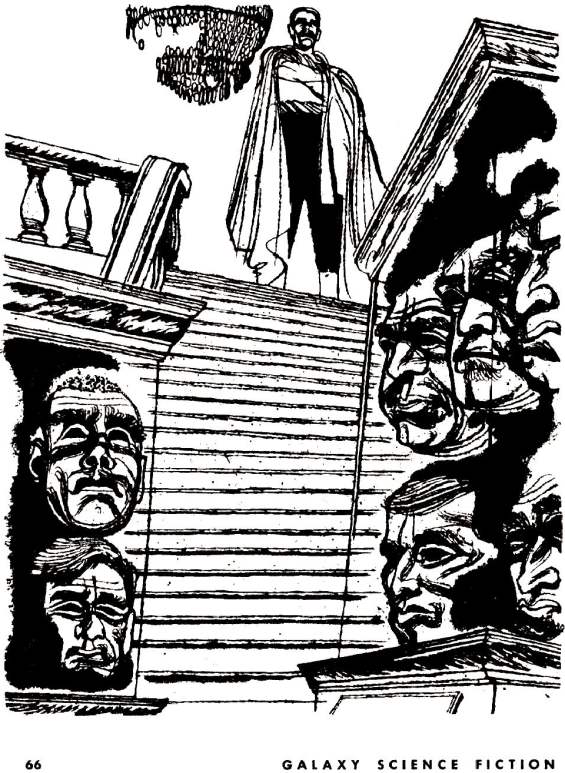
 The SFFaudio Podcast #137 – Scott, Jesse, Tamahome and David Stifel talk about the audiobook of A Princess Of Mars by Edgar Rice Burroughs.
The SFFaudio Podcast #137 – Scott, Jesse, Tamahome and David Stifel talk about the audiobook of A Princess Of Mars by Edgar Rice Burroughs.
Talked about on today’s show:
A Princess Of Mars, the martian novels, Edgar Rice Burroughs’ first novel was originally titled Under The Moons Of Mars, “I can write rot as bad as this”, WWI, Orville and Wilbur Wright, Normal Bean vs. Norman Bean vs. normal brain, All-Story, Gods Of Mars, Tarzan, Pellucidar, H.G. Wells, Earnest Hemingway, the science with fantastic elements, Mastermind Of Mars, organ (and brain) transplants, radium rifles with radium bullets, zeppelins, the Martian navy, David has been acting since he was 13 years old, the 1960s resurgence of Burroughs books, Ballantine Books vs. Ace Books (in a war for the drug store paperback racks), the authorized vs. unauthorized editions of Burroughs and J.R.R. Tolkien books, The Lost Continent, Tarzan At The Earth’s Core, Del-Rey Books, Tarzan Of The Apes, getting into narration, Irwin Porges, a rich rhythm of language, “Sator Throg is a personal friend of mine”, Tars Tarkas is David’s impression of James Earl Jones doing Darth Vader, Sola, “rescue the girl, escape from capture, become a gladiator and save the planet”, A Princess Of Mars begins as a western, Zane Grey, Arizona, Idaho, it is a kind of a western on Mars, “all of his slaves worshiped the ground he walked on”, good to his slaves and good to his animals, Burroughs loved animals (especially horses), themes of A Princess Of Mars include a love of animals and nature (and nudism), ERBZine website, the James Killian Spratt edition of A Princess Of Mars (puts the nudity up front and center), modesty vs. showmanship, everybody is nude on Barsoom, Teddy Roosevelt, the 19th century physical culture movement, Conan and Robert E. Howard, Edgar Rice Burroughs, the oddness of an author who disdains writing, “back to nature and forward”, Flavor Flav or Max von Sydow, repulsor rays, Son Of Frankenstein, a telescope on Mars is looking at Earth, Percival Lowell, Lieutenant Gullivar Jones: His Vacation, the dying civilization that we see, The War Of The Worlds by H.G. Wells, The Martian Chronicles by Ray Bradbury, Philip K. Dick, “esoteric metaphysical spiritualism”, telepathy, John W. Campbell, lying for honorable reasons, the inconsistencies of lies and deceit in a world with telepathy, How John Carter Got To Mars (is kind of like the Mormon idea of the afterlife), astral projection, Houdini, Thuvia, Maid Of Mars, “the thought was made flesh”, Burroughs was a religious man, the unexplained preservation of Carter’s dead body, Bram Stoker, H.P. Lovecraft, “this is a fun book”, “like a Buck Rogers serial”, the serialization, cliffhangers, Swords Or Mars, Synthetic Men Of Mars, “Deja Thoris has laid an egg”, the curiously oviparous martians, the disney John Carter movie, Princess Of Mars, “Tarzan in a vest, does that work for you”, an evil Russian in cahoots with a French countess, “he was a splendid specimen of the white race”, Gone With The Wind, Greystoke: The Legend of Tarzan, Lord of the Apes, The Lord Of The Rings (movies), the Dynamite Entertainment Warlord Of Mars cover (#5 is done in the style of Norman Rockwell), Marvels Comics, Frazetta, HBO, a stage adaptation of A Princess Of Mars, a ballet of Spartacus (!), Gustav Holst’s Mars, Bringer Of War, Flash Gordon, Franz Liszt, Bronson Pinchot was interviewed by Grover Gardner (Blackstone Audio), the process of narrating an audiobook, The Godfather, Deja Thoris doesn’t get much screen time, Sola is a good character, Thuvia gets more of a leading role in Thuvia, Maid Of Mars, arbitrary customs that extend the narrative, S.M. Stirling’s In The Courts Of The Crimson Kings, Burroughs’ Venus books, all planets are occupied by people (except Mercury).
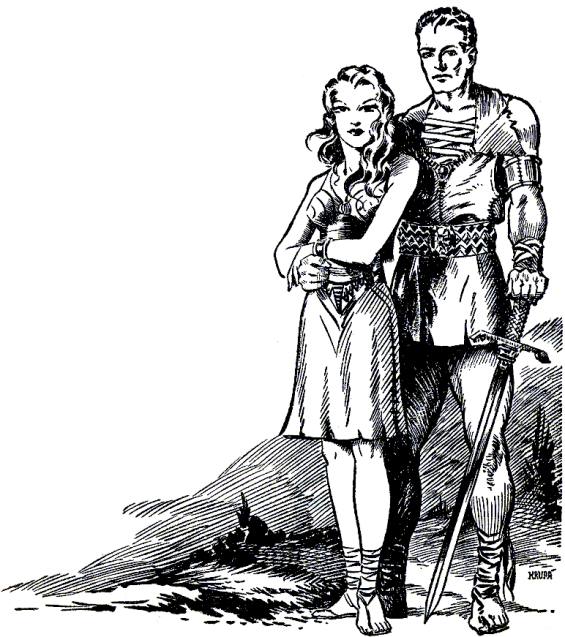
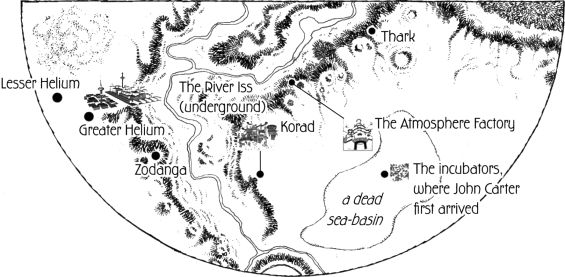
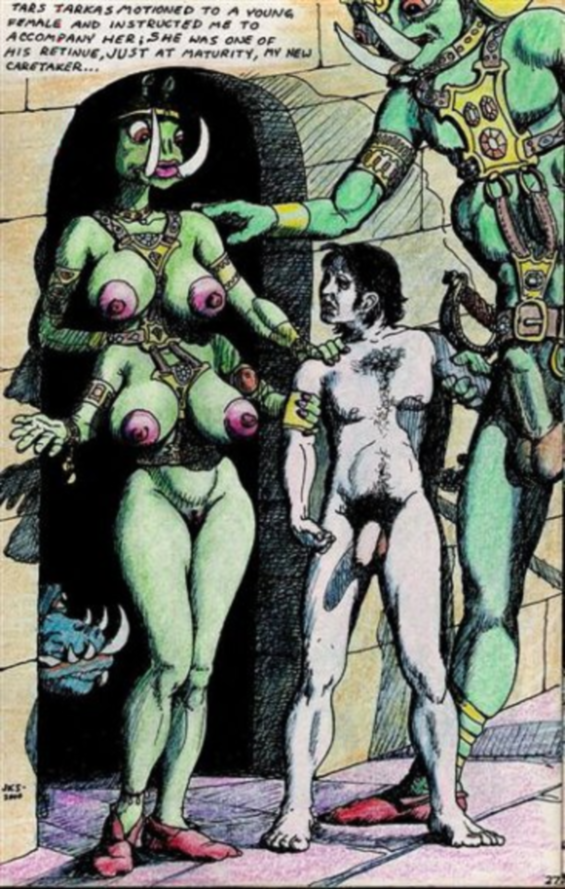
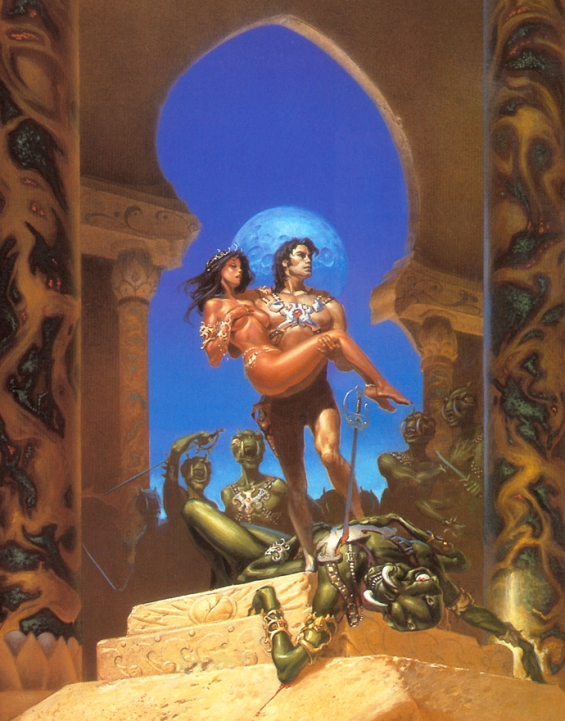
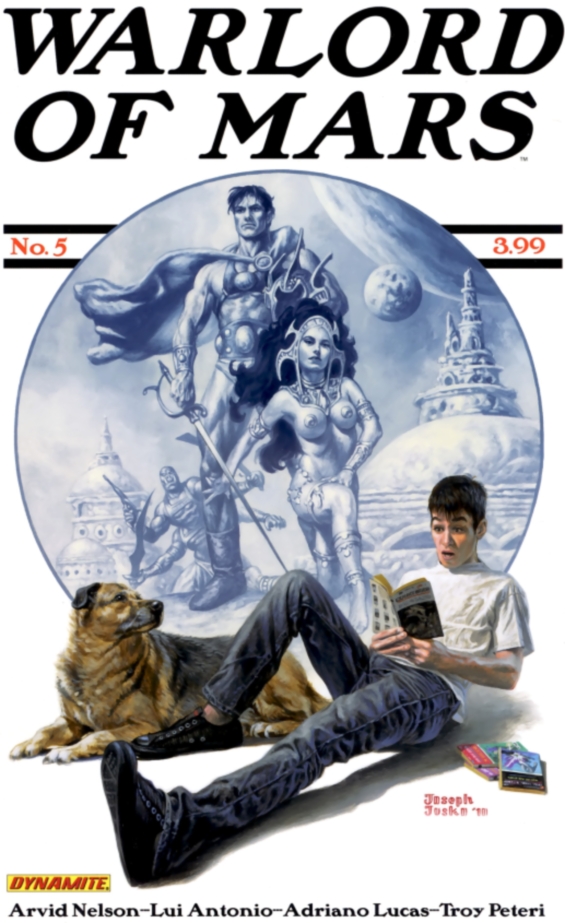
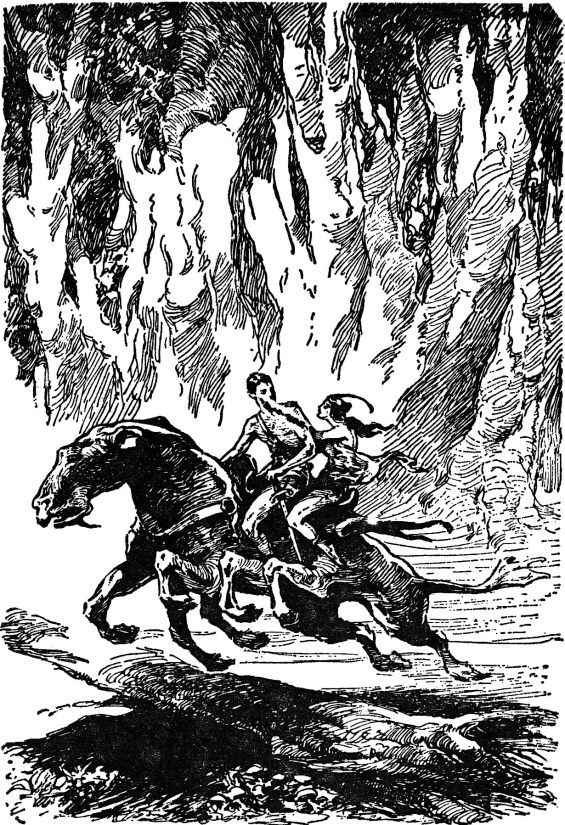
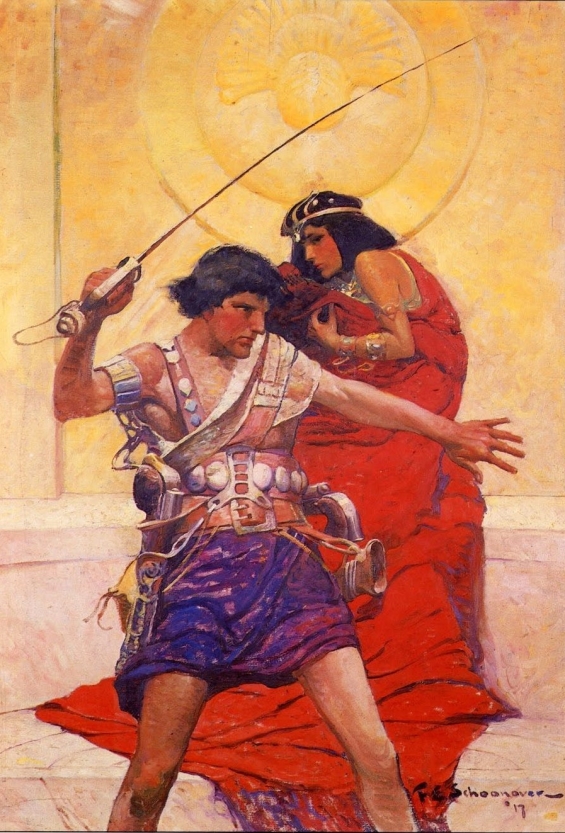
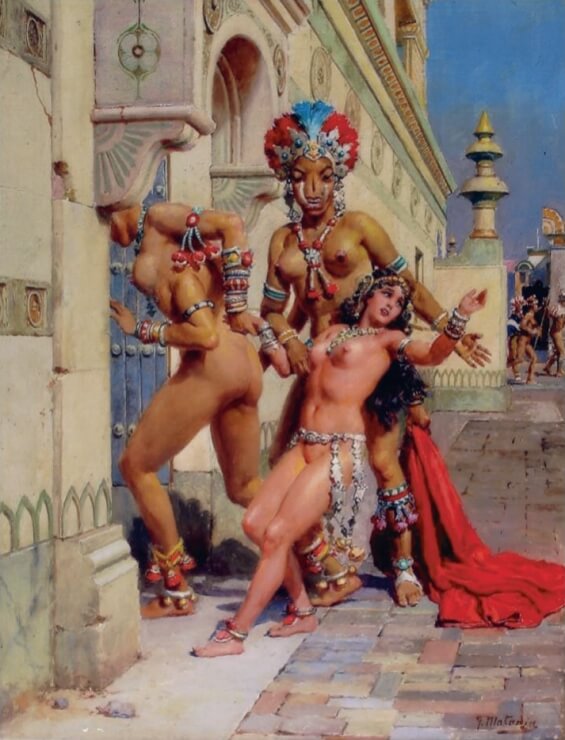
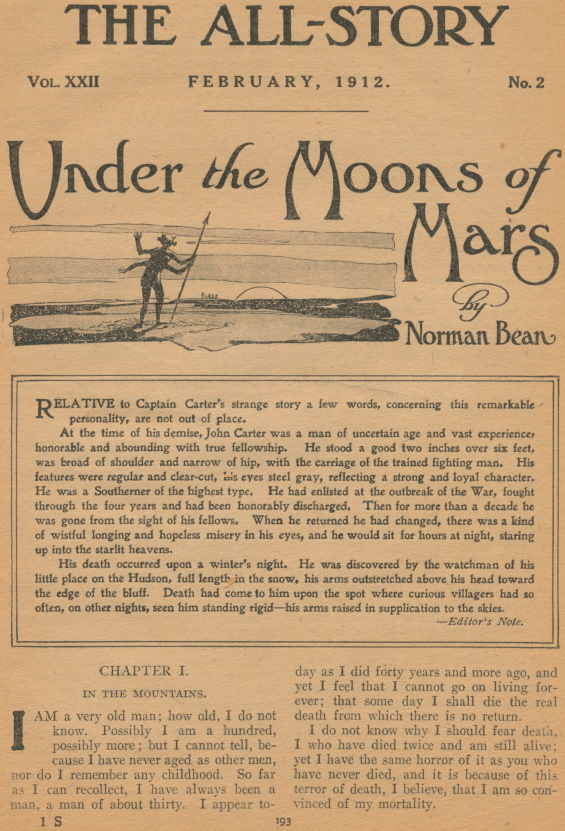
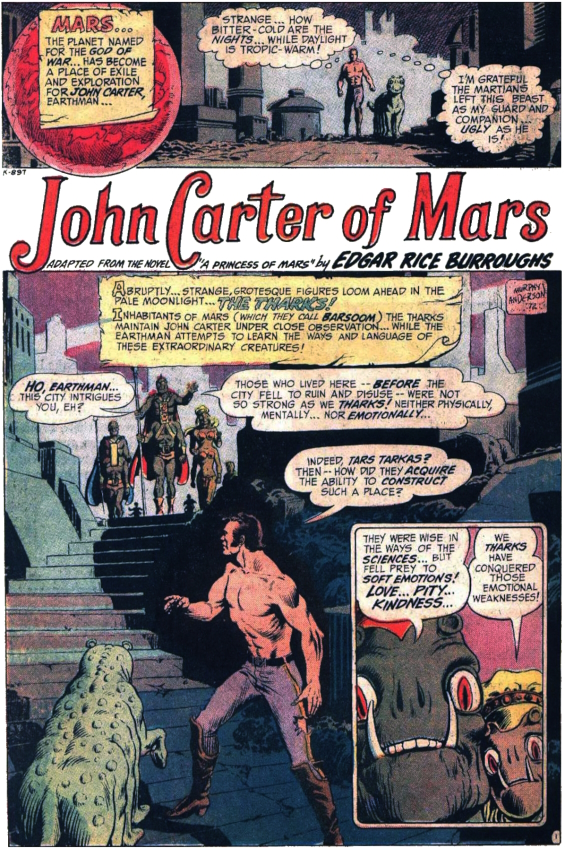

Posted by Jesse Willis

